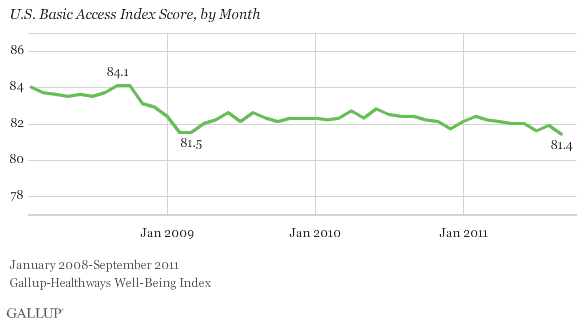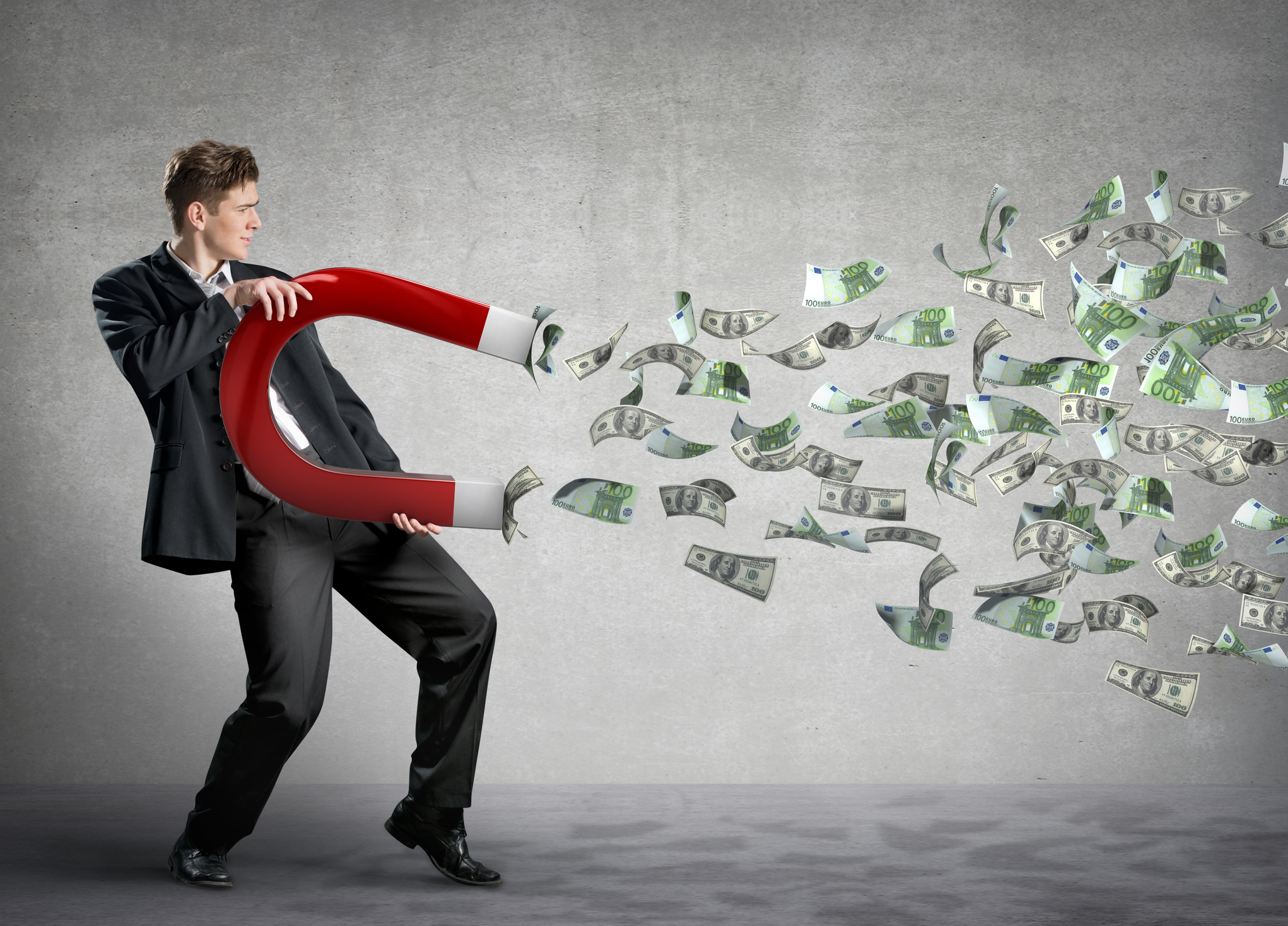 Among the large numbers of issues that are said to prove that the recession never ended is whether Americans can afford the “basics” that have been part of what the middle class has been able to expect for decades. Fewer and fewer Americans can. This means that a lack of demand for some services, like medical treatment, will undermine the ability of some services to exist at all — at least at current levels. Medicine, like any other economically based system, needs some base amount of demand to provide the financial scale that allows R&D and a delivery infrastructure to exist.
Among the large numbers of issues that are said to prove that the recession never ended is whether Americans can afford the “basics” that have been part of what the middle class has been able to expect for decades. Fewer and fewer Americans can. This means that a lack of demand for some services, like medical treatment, will undermine the ability of some services to exist at all — at least at current levels. Medicine, like any other economically based system, needs some base amount of demand to provide the financial scale that allows R&D and a delivery infrastructure to exist.
A new Gallup poll reports that “Fewer Americans had access to basic life necessities in September. The nation’s Basic Access Index score fell to 81.4 last month — on par with the 81.5 measured in February and March 2009 amid the recession.” This is a testament to the high unemployment levels of the past four years. The fact that the economy does not bleed jobs at the rate of 500,000 a month as it was in early 2009 does not help those who have lost jobs and not regained them. Some would say the joblessness trouble in the U.S. is not getting worse. That only means that the recession, which is still a horrible fact of the lives of most Americans, had not improved at all.
The two largest drops in “basics” are the number of people with a personal doctor, down 4.2% to 78.3% in September compared to September 2008. The number of Americans with health insurance coverage has dropped by 3.6% to 83.3% over the same period. At some point, the ability of hospitals and doctors to operate in current numbers falters. The same is probably true with expensive medical R&D. The government will only fund so much of it, particularly in an age of austerity. Private donations low because even the well-to-do have cut back charity.
The current recession does not feel like one. It is worse than that
Methodology: Results are based on telephone interviews conducted as part of the Gallup-Healthways Well-Being Index survey Sept. 1 – 30, 2011, with a random sample of 29,313 adults, aged 18 and older, living in all 50 U.S. states and the District of Columbia, selected using random-digit-dial sampling.
Douglas A. McIntyre
It’s Your Money, Your Future—Own It (sponsor)
Retirement can be daunting, but it doesn’t need to be.
Imagine having an expert in your corner to help you with your financial goals. Someone to help you determine if you’re ahead, behind, or right on track. With SmartAsset, that’s not just a dream—it’s reality. This free tool connects you with pre-screened financial advisors who work in your best interests. It’s quick, it’s easy, so take the leap today and start planning smarter!
Don’t waste another minute; get started right here and help your retirement dreams become a retirement reality.
Thank you for reading! Have some feedback for us?
Contact the 24/7 Wall St. editorial team.




